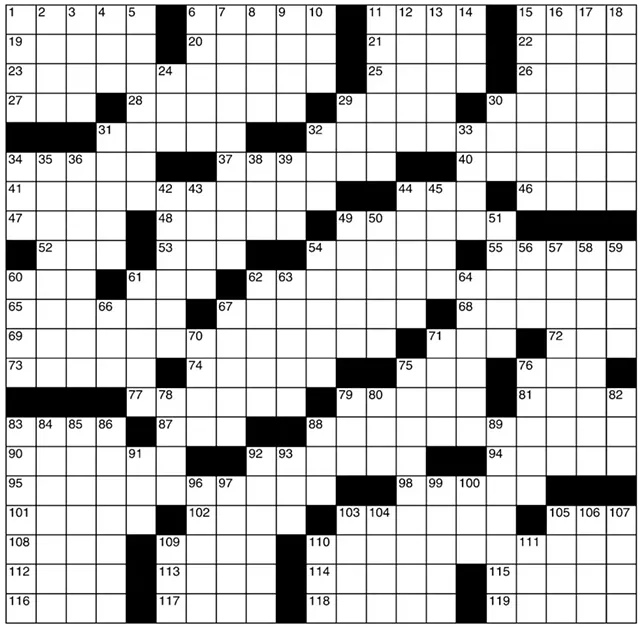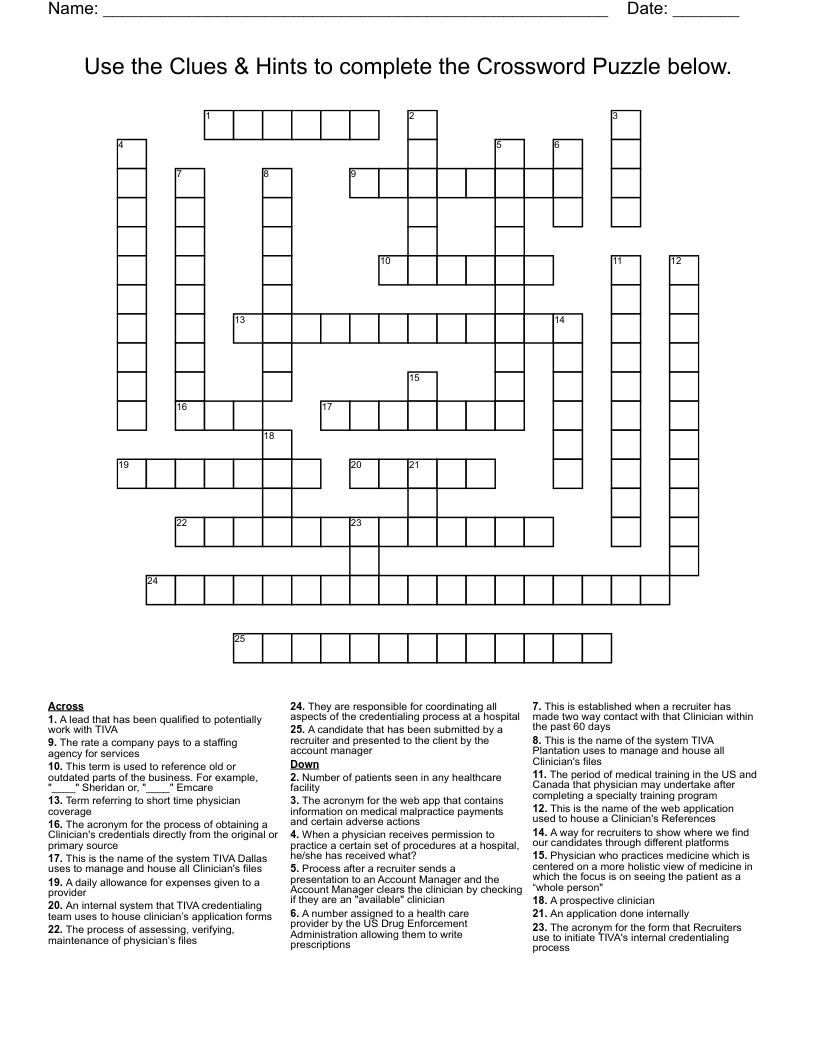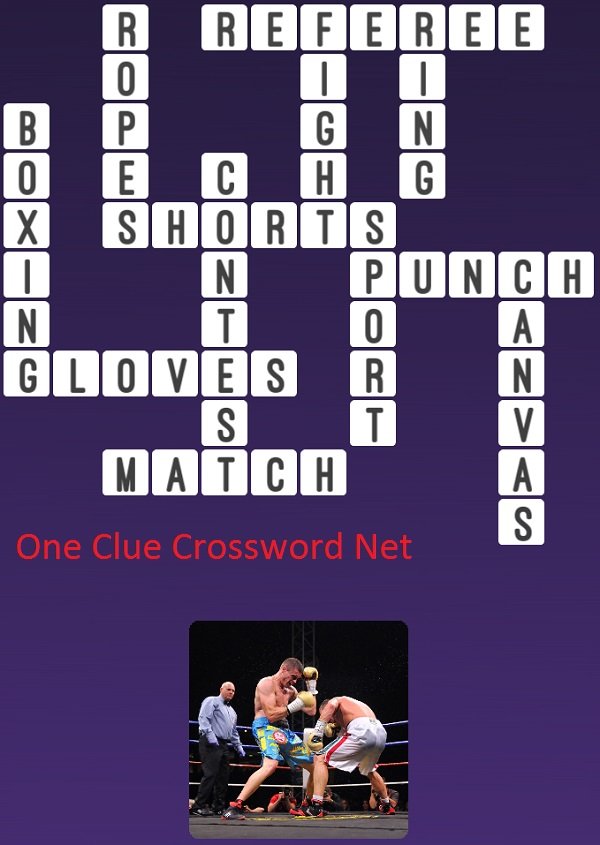


I met many of them at the American Crossword Puzzle Tournament last month.) (I should mention that there are people much, much faster than me. No, but imagine how much time I wasted to get there. My average for a typical, hard American puzzle is about seven minutes. How does a 90-minute solve compare to your own usual solving times? Plus, in US puzzles every letter appears in an across and a down answer, so you have at least got a chance of checking your work. In fact, how else would you begin? I suppose there are as many methods of solving as there are solvers, and none is wrong. Is that a solving technique you’d recommend? Her technique was to glance through as many clues as possible as quickly as possible to start filling the grid.

Your colleagues in the US told her it was impossible. My colleague, Cordu, says she did your first FT puzzle in about an hour and a half. Crosswords should be made difficult and interesting by the misdirection and “aha” moments provided by the clues, not by the obscurity of the answers. Possibly that, but I also worry it is a tad obscure - for example it also has another spelling, zabaione.
#Second notes crossword clue android#
Subscribers can now solve the FT’s Daily Cryptic, Polymath and FT Weekend crosswords on the iOS and Android apps My mother and grandmother taught me the music and language of crosswords. Plus, the ever-present stack of crosswords on our kitchen table growing up. I did a PhD in game theory, covered games as a journalist and wrote a book about the role games have played in the development of artificial intelligence.
#Second notes crossword clue professional#
I have arranged my professional life around games, too, whether on purpose or not. Chess, backgammon, Scrabble, euchre, pinochle, Ticket to Ride - no visit to my parents’ house can be escaped without at least one. Clues in US puzzles are more straightforward. When it comes to clueing, UK setters set devious, cryptic, challenging clues. The US puzzle tends to adopt the same-sized grid but has around 80 clues, their solutions tightly packed, with very few blocked squares. Well, UK puzzles have up to 40 clues, their solutions spread over a 15 by 15 grid, with lots of blocked squares. What’s different between an American-style puzzle and UK cryptic crosswords?


 0 kommentar(er)
0 kommentar(er)
